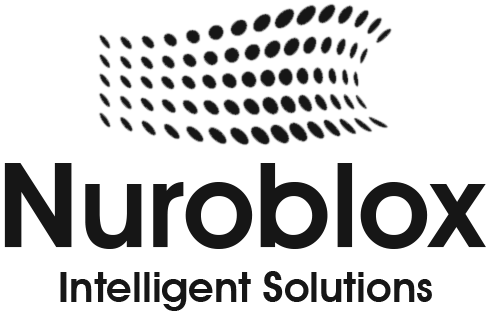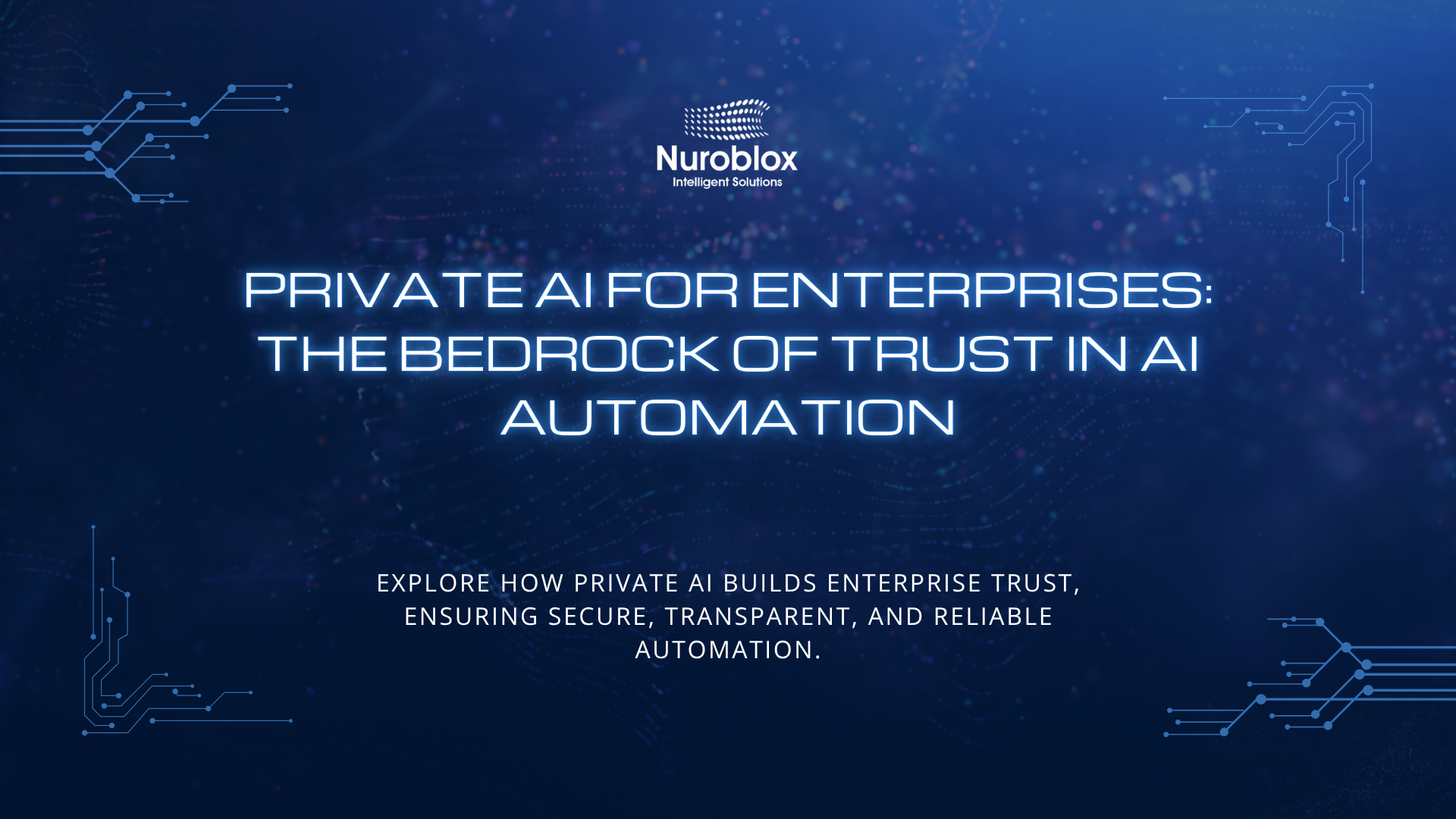Private AI for Enterprises: The Bedrock of Trust in AI Automation
In the enterprise landscape of 2025, the adoption of Artificial Intelligence is no longer a strategic option, it is a competitive mandate. A staggering 96% of organizations are planning to expand their use of AI agents within the next year, seeking to unlock unprecedented efficiency and innovation. Yet, this rush toward automation is anchored by a profound and growing concern – a fundamental lack of trust. More than half of all enterprise leaders 53% cite data privacy and security as the single greatest barrier to full-scale AI adoption.
The solution is not to halt innovation but to re-architect its foundation. Public, cloud-based AI models have served as powerful tools for experimentation, but their “black box” nature and reliance on third-party infrastructure pose unacceptable risks for regulated and data-sensitive industries. This is where Private AI for enterprises emerges as the essential framework for building secure, scalable, and compliant automation. It provides a pathway for organizations to harness the full power of AI without surrendering control over their most valuable asset – data.
What is Private AI? A Foundation for Secure Enterprise Automation
Private AI refers to artificial intelligence systems that are deployed, trained, and operated entirely within an organization’s secure and controlled environment. This can include on-premises data centers, a private cloud, or a hybrid infrastructure, but the defining characteristic is that the enterprise retains full ownership and control over its data, models, and computational workflows.
Unlike public AI, which processes information on shared platforms, private AI is architected from the ground up to meet the stringent security and governance demands of modern enterprises. It is not merely a deployment choice but a strategic commitment to building trust into the fabric of automation.
Core advantages of a Private AI strategy –
- Absolute Data Sovereignty – Sensitive enterprise data never leaves the controlled environment, ensuring protection for intellectual property, customer records, and financial information.
- Assured Regulatory Compliance – With full control over data processing, organizations can build auditable, transparent workflows that adhere to evolving regulations like GDPR, HIPAA, and industry-specific mandates.
- Deep System Integration – Private AI is designed to operate within the constraints of existing enterprise ecosystems, enabling seamless integration with internal ERPs, CRMs, legacy systems, and private APIs.
- Hyper-Customization – Models can be trained on highly specific, proprietary datasets to solve niche business challenges, creating a significant competitive advantage that public models cannot replicate.
The Trust Deficit – Why Standard AI Deployments Fail the Enterprise
The promise of AI automation is frequently undermined by the limitations of traditional deployment models. Many organizations have invested heavily in technologies like Robotic Process Automation (RPA), yet studies reveal a troubling reality – up to 70% of RPA projects fail to achieve their intended objectives. A primary cause for this high failure rate is a disconnect between the technology’s capabilities and the complex, data-sensitive nature of enterprise workflows.
Key factors contributing to the enterprise AI trust deficit –
- Uncontrolled Data Exposure – Public AI models often process data on external, multi-tenant servers. For industries like finance, healthcare, and government, this introduces an unacceptable risk of data leakage, violating regulations like GDPR, HIPAA, and CCPA.
- “Black Box” Operations – Many third-party AI platforms offer little to no visibility into their models’ decision-making processes. This lack of transparency, or explainability, makes it nearly impossible to conduct audits, demonstrate regulatory compliance, or debug errors, eroding trust among both internal teams and external regulators.
- Governance and Compliance Gaps – A staggering 72% of unsuccessful RPA implementations are linked to deficiencies in governance frameworks. Without centralized control over how AI agents are deployed, monitored, and decommissioned, organizations face bot sprawl, security vulnerabilities, and a maintenance nightmare.
- Vendor Lock-In and Limited Customization – Relying on external AI services can restrict an enterprise’s ability to adapt and scale. Private AI, in contrast, allows businesses to build and own reusable, portable models tailored to their unique operational needs without exposing proprietary data to third parties.
The Architectural Pillars of Trustworthy Private AI
Ensuring trust in AI automation is not a feature to be added but a principle to be engineered from the start. A robust Private AI strategy is built upon several interconnected architectural pillars designed to protect data, ensure transparency, and enforce governance at every stage of the AI lifecycle.
The Zero-Trust Architecture – Never Trust, Always Verify
The foundational security model for Private AI is Zero-Trust Architecture. This principle discards the outdated notion of a secure internal network and instead operates on the premise that no user or system inside or outside the perimeter should be implicitly trusted. Every request for data and every action must be authenticated and authorized.
In a Private AI context, this means AI agents operate within secure, isolated enclaves. They are granted the bare minimum privileges required to perform a task (data minimization) and every decision is recorded in an immutable audit trail. This ensures full accountability and makes it possible to trace the exact logic and data used in any automated workflow, which is critical for compliance and incident response.
Advanced Data Protection with Privacy-Enhancing Technologies (PETs)
Private AI platforms integrate a suite of Privacy-Enhancing Technologies (PETs) to protect data at rest, in transit, and even during processing. These cryptographic techniques make it possible to derive insights from data without exposing the raw, sensitive information.
- End-to-End Encryption – All data handled by Private AI agents is protected with enterprise-grade encryption standards like AES-256 for stored data and TLS 1.3 for data moving across the network. This renders information unreadable to any unauthorized party.
- Homomorphic Encryption – This advanced technique allows AI agents to perform computations directly on encrypted data without ever decrypting it. The underlying information remains completely private throughout the process, providing an unparalleled layer of security.
- Federated Learning – This method enables an AI model to learn from decentralized data sources (e.g., different departments or partner organizations) without the raw data ever leaving its secure environment. Only the encrypted model updates are shared, preserving privacy while enabling collaborative intelligence.
Explainable AI (XAI) for Transparency and Audibility
To build trust, the decision-making process of an AI agent cannot be a “black box.” Explainable AI (XAI) is a set of frameworks and techniques that make AI-driven conclusions interpretable to human stakeholders. A privacy-first AI platform ensures that every output is accompanied by a clear, understandable log of the data and logic that led to it. This transparency is essential for satisfying regulators, building internal confidence, and enabling effective oversight of automated systems.

Private AI is not a theoretical concept; it is a practical solution being deployed across data-sensitive industries to unlock innovation securely.
Finance – Securing High-Stakes Automation
In the financial sector, where data is both a critical asset and a significant liability, Private AI enables institutions to enhance security and efficiency while adhering to strict regulations like GLBA and SOX.
- Fraud Detection – Banks deploy Private AI models within their own infrastructure to analyze transaction patterns in real-time. This allows them to detect and block suspicious activities instantly without sharing sensitive customer data with third parties.
- Credit Scoring – Financial institutions can use PETs like secure multi-party computation to collaboratively assess risk using data from multiple sources. This improves the accuracy of credit scoring without any institution having to reveal its proprietary customer data.
Healthcare – Innovating While Upholding Patient Confidentiality
Healthcare providers must comply with HIPAA while leveraging patient data for diagnostics, research, and treatment optimization. Private AI provides a secure foundation for advancing patient care without compromising data privacy.
- Collaborative Diagnostics – Hospitals are using federated learning to train shared AI models for detecting diseases from medical images. Each hospital trains the model on its local patient data, contributing only encrypted model improvements to a central model, thereby advancing medical research without exchanging a single patient record.
- Secure Clinical Trials – Pharmaceutical companies can aggregate clinical trial data from various locations using homomorphic encryption. This allows for comprehensive analysis of drug efficacy across diverse populations while ensuring individual patient data remains completely encrypted and private.
A Strategic Roadmap for Deploying Private AI
Adopting Private AI is a transformative business initiative that requires careful planning, cross-functional collaboration, and a governance-first mindset.
- Establish a Governance Framework and Risk Assessment – Before deploying any AI, create clear policies for data access, establish an AI oversight committee with members from IT, security, legal, and business units, and conduct a thorough risk assessment to identify workflows where Private AI is most critical.
- Identify High-Impact, Low-Risk Use Cases – Begin with a pilot project in an area where automation can deliver significant value but carries privacy risks if handled by external systems. Automating compliance checks or internal document analysis are excellent starting points. A successful pilot builds momentum and demonstrates ROI.
- Evaluate Infrastructure Readiness – Assess whether on-premises or private cloud environments are best suited for your organization’s needs. Ensure you have the necessary secure storage, computing power, and internal access controls to support a Private AI deployment.
- Choose Privacy-First Technology Partners – Rigorously vet potential vendors. Prioritize platforms like Nuroblox that guarantee on-premise or private cloud deployment, provide end-to-end encryption, and have a strict policy of never training on or retaining customer data.
- Foster a Culture of Trust and Change Management – Technology alone is not enough. Drive adoption through clear communication about the benefits of secure automation. Provide comprehensive training and engage stakeholders to ensure AI agents are viewed as trusted digital colleagues, not as threats to job security.
The era of the autonomous enterprise is here, but its success will be defined not by raw capability, but by trust. A privacy-first approach is the only viable path forward, transforming AI from a source of risk into a strategic asset. By engineering security, transparency, and governance into the DNA of your automation strategy, you can unlock the full potential of AI while building a more resilient, compliant, and responsible enterprise.
As you architect your organization’s future, the question is no longer if you will adopt AI, but how. Are you merely chasing productivity, or are you engineering trust at scale?


